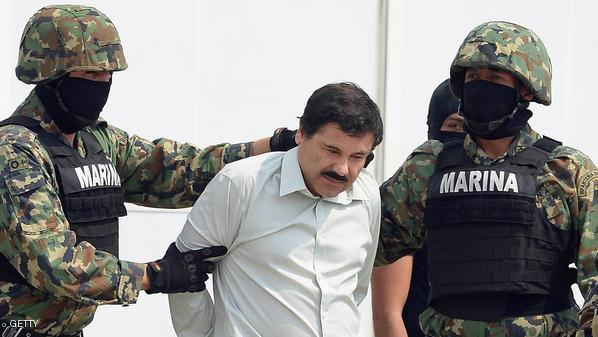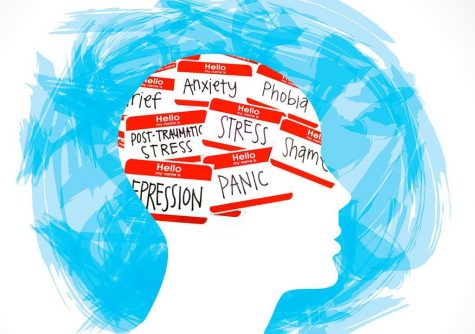When Will El Chapo Escape Again?

It’s hard to keep count of how many times El Chapo has been captured.
When you Google “El Chapo capture,” some suggestions complete the phrase with “2014,” “2015,” and “2016.” On January 8th, 2016, Joaquin Guzman Loera was captured in a raid by Mexican authorities after his third escape from prison.
The capture was announced through Twitter, when the President of Mexico, Enrique Pena Nieto, tweeted “Mission completed: we have him. We want to inform Mexico that Joaquin Guzman Loera has been detained.”
The infamous drug lord was apprehended in the coastal city of Los Mochis in Sinaloa state. He had arrived a few days prior to the raid at the home of a friend. Through some phone interceptions, the Mexican authorities were able to see that the house was expecting the arrival of someone important. The giveaway of Guzman’s location was a large order of tacos from a nearby store, placed at around midnight. They were picked up by a white van that was similar to one that Guzman’s associates were known to drive. Even after the marines raided the house, Guzman was able to escape once again through an escape hatch behind a closet mirror; he was finally caught on the highway several hours later.
El Chapo’s escape from Mexico’s Altiplano maximum security prison in July of 2015 was at first shocking, but it later became clear that it was inevitable. Headlines such as “El Chapo escapes from prison (again),” appeared across the world, and President Pena Nieto declared, once again, that El Chapo will be captured by the authorities.
Guzman’s consistent escapes from prison can represent two things: one, his actual skill and ability to wriggle out of the firm grasp of the law, and two, the incompetence of the Mexican government and their failure to handle the country’s immense drug problem.
El Chapo’s success as a leader of the Sinaloa Cartel was mostly attributed to his complex system of underground tunnels. These tunnels were ingeniously engineered, including a bicycle powered lighting system. He had accomplices positioned at various points along the tunnel system, making him extremely difficult to trace and capture. After he was imprisoned, he utilized his tunnel system once again; an accomplice assisted him in digging a tunnel over a mile long leading from his prison shower floor to a construction site outside.
More important than the genius of El Chapo is the sheer incompetence of the Mexican authorities. The maximum security prison was unable to contain Mexico’s most dangerous drug leader, and even with history’s evidence that this man can and will escape from jail, they were unable to take the preventative measures to ensure he stayed in.
The root problems of Mexico’s legal system include a dishonest police force, unprofessional judges, and a shoddy prison system in general. Corruption has existed in the government for decades, but change still has not taken place, despite the assistance received from the U.S. as well as domestic aid. Most significantly, Mexico has a huge problem with punishing lawbreakers. The country has a meagre 2% conviction rate for crimes committed, which means that affiliates of large cartel heads are rarely imprisoned. This is the reason why El Chapo was able to escape in July; he still had many accomplices across the area that were able to help him dig his way out of Altiplano.
In addition to low conviction rates, the judicial system of Mexico rarely leads to a just result. There are no juries in Mexico; instead, small groups of attorneys and witnesses meet and send a file to a judge after the meeting. This almost never results in a reasonable outcome, as the judge never even meets the defendant.
Finally, the Mexican police force is regarded with mistrust and suspicion, which means that most crimes aren’t reported to the police. Many incidents have seen police being called to the scene, only to let the offender go, or harm a civilian. Thus, the citizens of Mexico are reluctant to put any faith into the police, which means that most crime goes unreported. It just becomes part of the background of daily life in Mexico.
El Chapo’s capture is hardly a victory for Mexico. Though he is behind bars once again, he still has accomplices scattered across the country that are most likely planning his next escape. He represents a need for change within the government and legal system of Mexico, which is not an easy task; it will take years for any progress to be made at all. However, perhaps the aversion to further embarrassment will be strong enough as motivation for the Mexican government to start making real changes in protecting its citizens and convicting criminals who deserve to be imprisoned.










